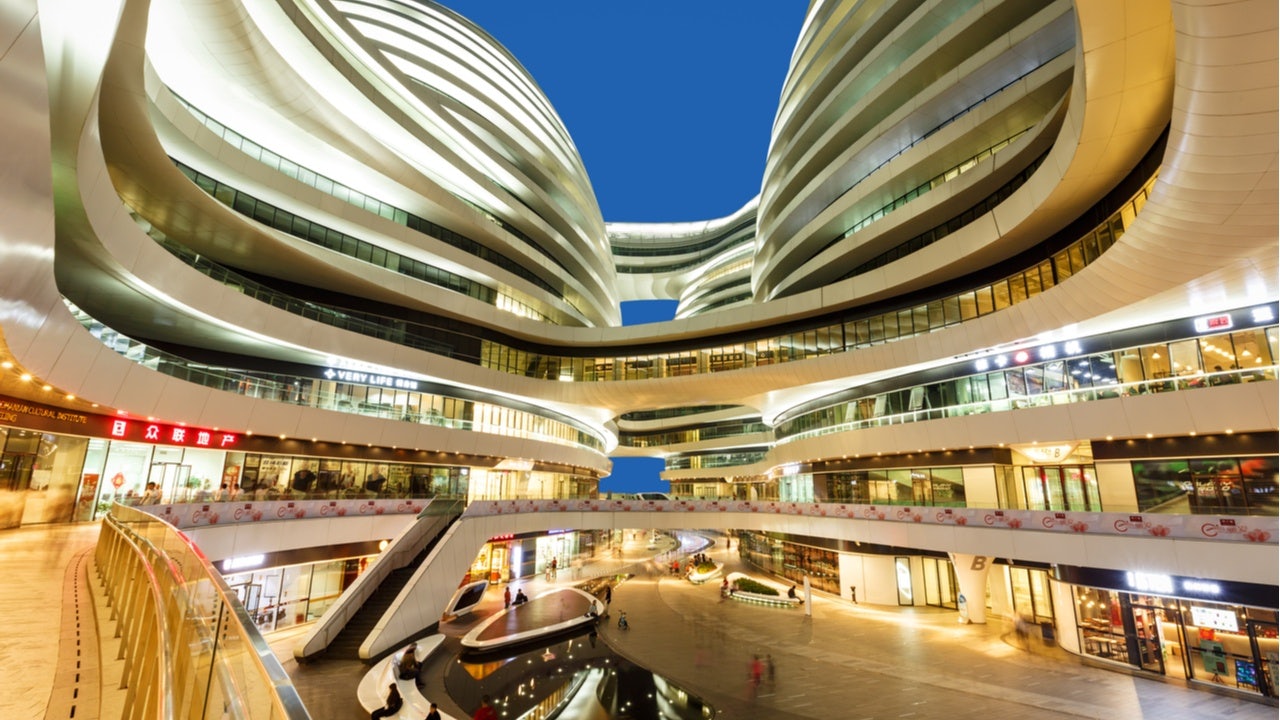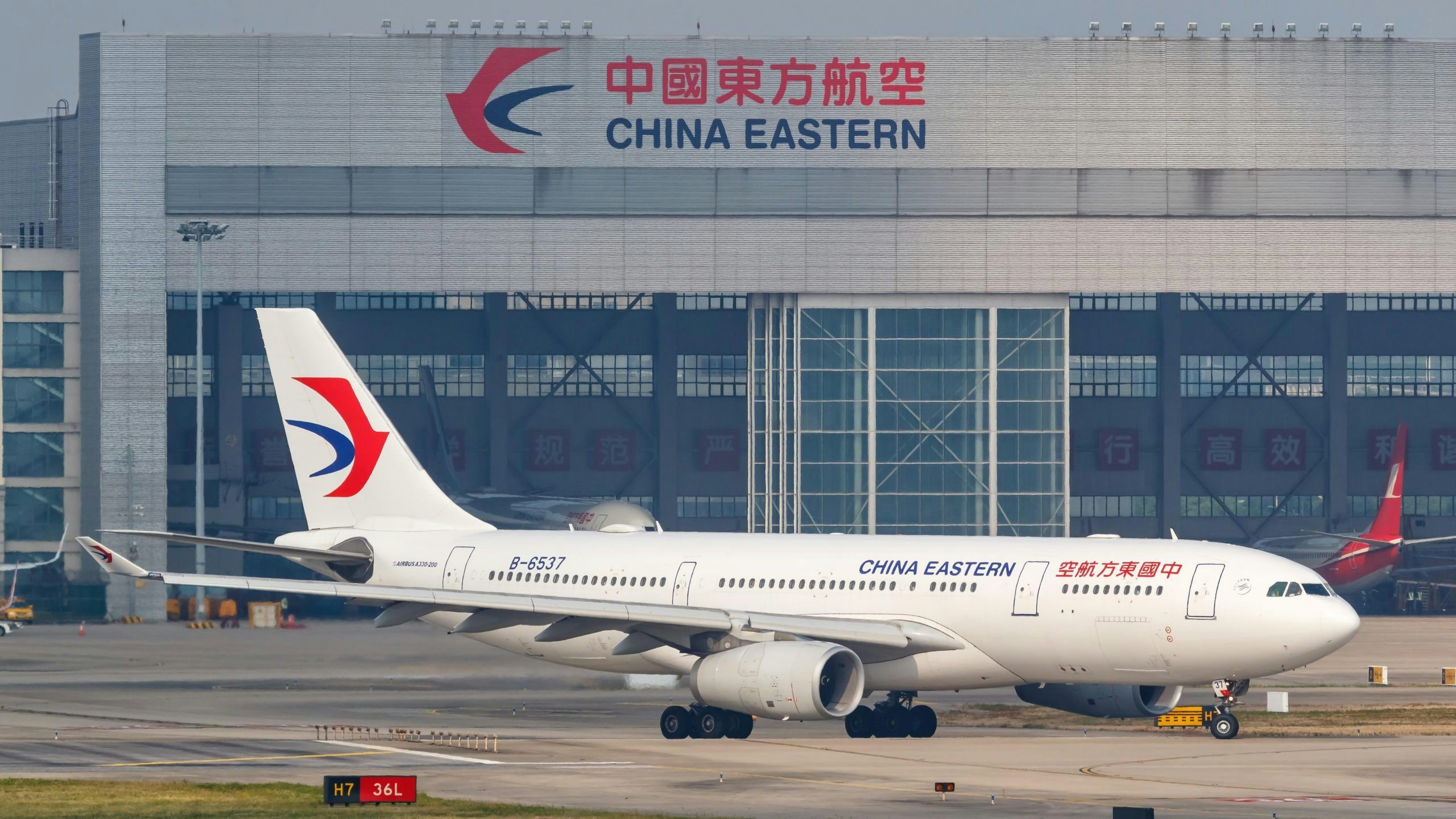What happened
On November 11, China announced major changes to its COVID-19 pandemic control framework aiming to “optimize” the “Dynamic Zero” policy.
Firstly, fewer people will be subjected to lockdowns and quarantines. Health authorities will no longer designate “secondary contacts” (次密接), referring to individuals who were in proximity with “close contacts” (密接), i.e. those who had direct contact with COVID-19 patients. The new measures will also do away with “medium-risk zones” (keeping only “high-risk zones” and “low-risk zones”), preventing whole resident compounds or even an urban district from being locked down whenever a single case emerges.
Secondly, the length of quarantines will shorten. “Close contacts” and inbound international travelers will now spend five days, instead of seven, at a quarantine hotel/facility and then three days at home for health monitoring. Inbound travelers won’t be quarantined again if their final destinations are different from their ports of entry. To facilitate important international exchanges in business and sports, restrictive “bubbles” for foreign visitors will allow them to not quarantine.
Thirdly, entering China will become slightly easier. The update cancels the “circuit breaker” mechanism (熔断机制) on inbound international flights. Previously, if positive cases from an arriving flight passed a certain threshold, then the “circuit breaker” would kick in, suspending all of the airline’s flights on that same route for weeks.
Other measures pledge more resources into healthcare, vaccination, and treatment, as well as providing better care to those under quarantine.
The Jing Take
The new adjustments are certainly favorable for business in China. Consumers will be less fearful of visiting shopping malls, and luxury retail will suffer less than it did during the city-wide lockdowns earlier this year. Luxury maisons are likely to have a better fourth-quarter performance. Brands now also have more clarity on exactly how the country will make business travel easier for their executives and delegations.
At the same time, these adjustments do not mention any relaxation on domestic or outbound travel requirements. Therefore, travel retail won’t recover to pre-pandemic levels just yet, nor are many Chinese consumers likely to resume overseas shopping anytime soon.
These changes represent the most significant adjustments to China’s COVID-19 policies to date. It likely stems from the realization that the virus is getting more transmissible and less deadly. It also suggests that China is continuously tweaking its policies to minimize their economic impact. However, this is not a repudiation of China’s “Dynamic Zero” approach — the government explicitly stated that “optimization” does not mean co-existing with the virus. If the Chinese leadership perceives a grave threat to public health in the coming months, it’s also conceivable that they will roll back these new policies.
The Jing Take reports on a piece of the leading news and presents our editorial team’s analysis of the key implications for the luxury industry. In the recurring column, we analyze everything from product drops and mergers to heated debate sprouting on Chinese social media.

